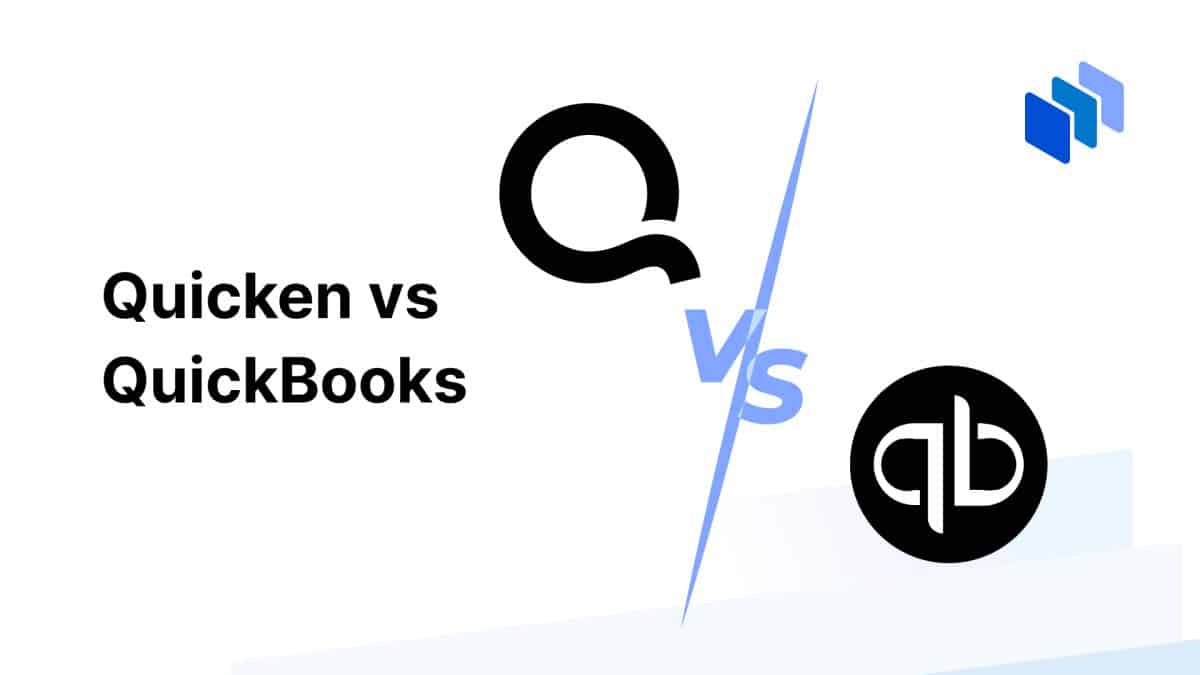- November 18, 2022 |
- webdev |
- Bookkeeping

On the other hand, QuickBooks Online offers different templates that can be customized further by changing the font style and accent colors. This feature enables you to track income and expenses for different classes and locations while assets and liabilities can be tracked further for locations only. Class and location tracking can provide you with more insights that are impossible with generic financial statements. Both solutions allow you to access your data on the go with their mobile apps, but Quicken’s mobile app is limited in functionality, which is why QuickBooks wins this category. For example, Quicken’s mobile app doesn’t allow you to create invoices and enter vendors, two features that are available with QuickBooks Online’s app. It’s an order of magnitude less expensive than QuickBooks, making Quicken an appealing option for those who need simple, straightforward accounting software.
Quicken has a feature called Bill Manager, which has Quick Pay and Check Pay features. Quick Pay lets you send electronic payments to billers, whereas Check Pay lets you send checks to anyone in the U.S. with an address. When you use Check Pay, you don’t need to make and print the check; Quicken will write the check for you and send it to the recipient.
Moreover, individuals investing in stocks and other securities can use Quicken as a single platform to track the performance of their investments. QuickBooks offers an extensive set of features for businesses, including advanced payroll services, inventory tracking, and customizable invoices. These features are essential for business owners but may exceed the needs of someone managing personal quicken vs quickbooks finances. When it comes to features, QuickBooks tends to offer more advanced tools for managing business finances. For instance, users can create invoices and estimates in QuickBooks, as well as manage vendor bills and track inventory levels. On the other hand, Quicken focuses on budgeting and personal finance tracking features like categorizing expenses or splitting transactions.
Most businesses need more than Quicken offers, but it is a good option if you’re also looking for a personal finance app. It also offers online banking and payment processing features, as well as the ability to track inventory levels and create purchase orders. While QuickBooks can be used by businesses of all sizes, it is particularly well suited for small businesses that lack the resources to maintain a full-time accounting staff. Quicken’s pricing plans are tailored to fit the budget and needs of individual users, making it an accessible tool for personal finance management.
This plan is best for someone looking to expand investment knowledge and continue to build their personal portfolio. The Plus plan upgrades you to five total licenses to expand your team’s access to the QuickBooks portal. Now you can track time more effectively and grow your accounting team, all for only $35/mo. This plan allows your team to handle more tasks inside the software platform for only a small increase in the monthly cost. The Plus plan is for larger businesses experiencing impressive growth that need more features to handle their business finances and accounting. The features in the Essentials plan are included, along with many more upgrades too.
On the other hand, QuickBooks Online offers a more detailed business financial perspective. These richer analytics and enterprise-centric focus are great for serious entrepreneurs seeking ambitious growth. QuickBooks is available for purchase for a fixed fee, while Quicken’s pricing is available for a multitiered variety of monthly and yearly subscription plans. That said, overall, QuickBooks is still generally far more expensive than Quicken. QuickBooks users will need to log in to access the live chat (6am to 6pm PT Monday through Friday) or phone support.

It lets employers create paychecks, supports direct deposits and 1099 contractor payments, and offers state and federal tax forms (on certain plans only). Quicken’s first plan is Starter, for $41.88 per year (that’s $3.49 per month). You’ll be able to tracking spending, bills and budgets, see your bank and credit card accounts, and categorize expenses, all across desktop, web, or mobile alike. You’ll also get phone support, and be able to export data to Excel. It also has more features for personal finance, such as the ability to track investments, keep track of rental properties and create debt reduction plans.
It can be used to manage expenses, invoices, payroll, and track the overall financial health of an individual business. In the battle of Quicken vs QuickBooks, the right choice depends on your specific needs. For individuals looking to manage their personal finances, Quicken stands out with its user-friendly interface, comprehensive personal finance tools, and affordability. Its ability to cater to a wide range of financial tasks, from budgeting to investment tracking, makes it an excellent choice for personal use.
As mentioned above, QuickBooks Online is the clear winner for long-term scalability. Its tiered subscription plans provide tailored solutions for all stages of growth. You can start simple and later expand to the high-end Advanced plan.
QuickBooks Self-Employed is the first plan offered for small businesses, independent contractors, and freelancers. The plan begins at $7.50/mo and provides enough features to make this pricing a complete steal. Use the reporting feature to analyze where money is being spent and how you can better budget. By first uploading all of your spendings, you position yourself to access more features like the financial planning aspect of Quicken.